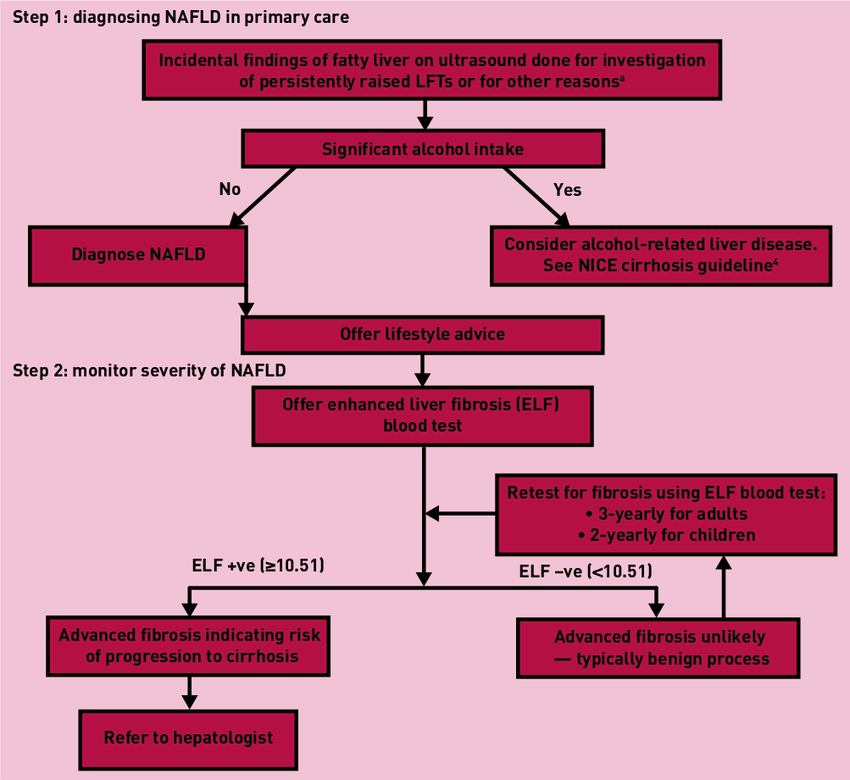
Liver function tests, commonly referred to as an hepatic panel, are a series of blood tests which provide detailed information regarding the health of a person's liver. These tests involve blood samples from the liver, white blood cells, hemoglobin, platelets, and others. They have many uses such as to monitor liver diseases, determine whether certain medications are affecting the liver, and to evaluate a person's state of health. Blood testing is a relatively simple process for doctors and nurses and patients alike.
The tests usually include questions about the person's medical history, family history, and the types of medications they have taken over time. Medical records help a doctor determine a person's overall health because a medical history can give an idea of the type of disease or condition the patient is currently experiencing. A family history helps to determine if a person has a family member with similar conditions and to ensure that the family member is in good health.
Liver blood samples can be tested for hepatitis, liver carcinoma, bilirubin, hypercholesterolemia, hypothyroidism, and hyperthyroidism. These tests help doctors determine how well the liver is functioning. If the liver is not functioning properly, doctors may recommend a liver transplant or liver dialysis to treat liver disease.
Other blood tests include platelet count, serum calcium, cholesterol, and triglyceride levels
These blood tests help determine the overall health of the liver tissue. Doctors use these blood tests to determine if a patient has liver disease and to check liver function.
Some cases of liver disease require surgery or radiation therapy, so blood tests may also include computed tomography, MRI, or ultrasound scans. Read more about this at EDBA. Liver cancer is serious and requires immediate treatment to prevent the tumor from spreading. According to the American Cancer Society, liver cancer is the second leading cause of death in cancer patients in the United States.
Blood tests can be ordered to determine the amount of alcohol intake by a person. People who have excessive alcohol intake frequently should consider limiting their consumption to lessen the risk of alcoholic liver damage. Blood tests can also show whether the liver is functioning properly by determining the levels of bilirubin and platelets in the blood. Some patients may have problems with their liver, if the liver functions poorly.

A kidney function test may be done to test the ability of the kidneys to filter out toxins. Kidney function can be affected by kidney disease, dehydration, infection, or shock.
As patients age, their liver and kidney function decreases, so tests can include a test called biopsy to determine the general health of the organ. If a person ages, a test called magnetic resonance angiography can measure the flow of blood through the arteries. Some tests may also include tests to monitor the function of the liver, spleen, pancreas, gallbladder, kidney, and other organs.
In addition to health tests, doctors often order tests in order to diagnose a liver disease. Liver biopsy is one test used to diagnose liver disease. In addition to biopsy, doctors may also order a special enzyme-based test called enzyme-linked immunosorbent assay (ELISA) to determine the amount of antibodies that are present in the blood sample taken for an enzyme-based antibody screen.
The symptoms of liver disease can be quite severe. Patients with liver disease should avoid alcohol and certain foods, as well as certain medications like steroids, to minimize the effects of liver disease.
In many cases of liver disease, doctors do not use laboratory tests to diagnose the disease. They look for the symptoms of liver disease using physical examination, which can include a physical exam of the abdomen and abdominal organs, a physical exam of the liver, a blood test for enzymes, a urine test to test the levels of bilirubin in the blood, a test for the liver's ability to filter out toxins, a series of tests for vitamin B12 deficiency, and an X-ray of the liver. After confirming the symptoms of liver disease, doctors will then take a biopsy to rule out cancer, to identify the cancerous tumor, and to examine the liver's ability to remove waste products from the blood. During surgery, doctors may need to remove the tumor or remove the lymph nodes to relieve the pressure on the liver.
While most liver diseases are diagnosed through a physical exam and laboratory testing, there are some rare liver conditions that can be diagnosed through imaging techniques. During imaging procedures, a dye is injected into the liver through an a needle and used to check the liver's fluid content. If there is liver inflammation or infection, the dye can show if the liver is functioning properly.